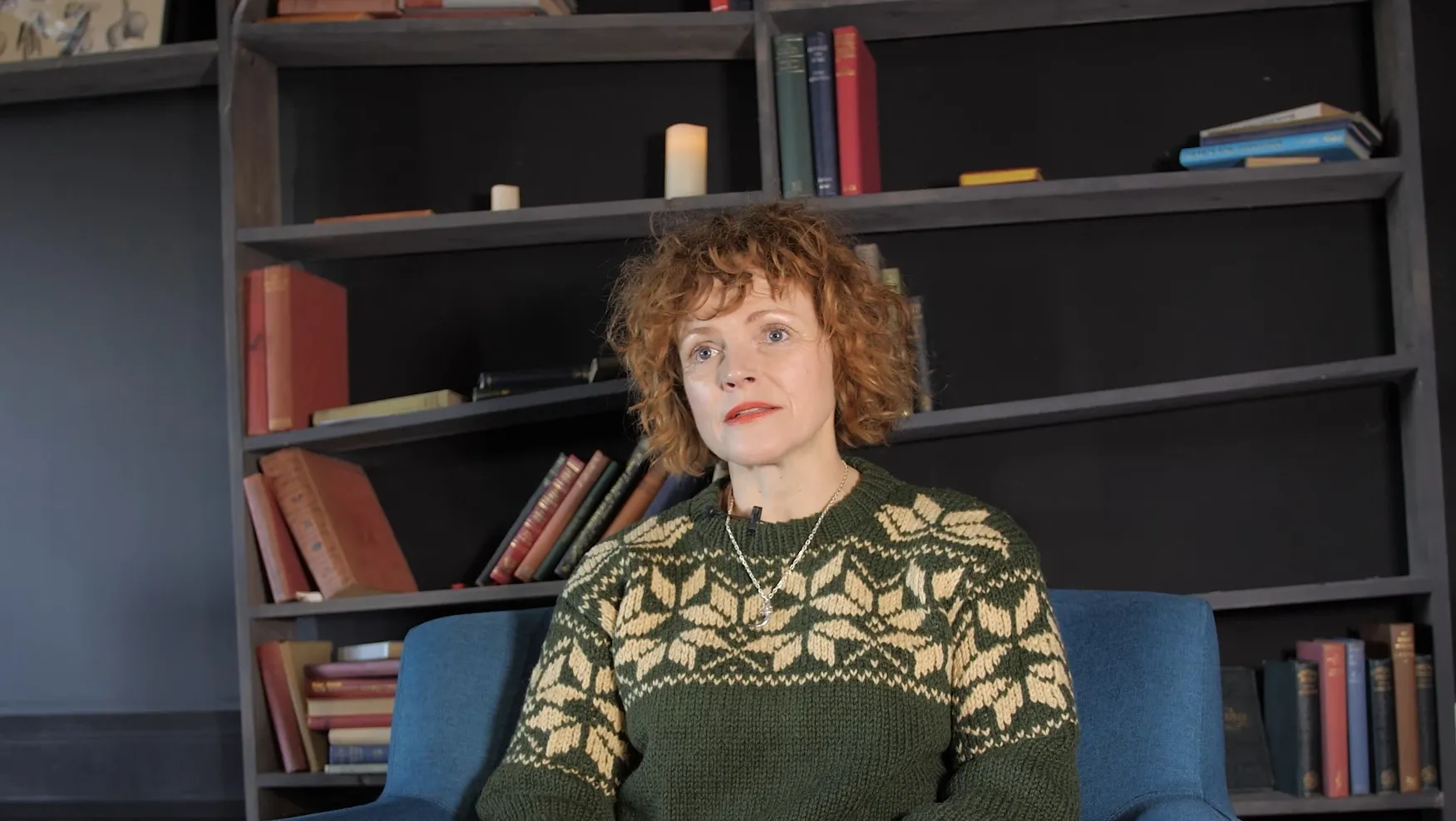Closer To Home - The Restoration of Leighton House Museum
Synopsis
The film-maker and photographer Frederique Cifuentes Morgan was commissioned to record the project from beginning to end. This film tells the story of this significant project and celebrates the work of the outstanding craft specialists who brought the work to completion.
Details
- Year
- 2010
- Type of project
- Shorts
- Running time
- 55 mins
- Format
- HDV
- Director
-
Frederique Cifuentes Morgan
- Producer
- Leighton House Museum
- Co-Producer
- Leighton House Museum
- Editor
- Frederique Cifuentes Morgan
- Director of Photography
- Frederique Cifuentes Morgan
- Sound
- Baikonour
- Composer
- Baikonour
Genre
Categories
Production Status
Production Company
Leighton House Museum
12 Holland Park RoadLondon W14 8LZ
UK
T +44 (0)20 7602 3316
Page updates
This page was last updated on 12th May 2025. Please let us know if we need to make any amendments or request edit access by clicking below.
See also
You may also be interested in other relevant projects in the database.
 Cinema in Sudan: Conversations with Gadalla Gubara
Cinema in Sudan: Conversations with Gadalla Gubara
Director: Frederique Cifuentes Morgan
Year: 2011
Frédérique Cifuentes's first documentary film, Cinema in Sudan: Conversation with Gadalla Gubara, builds up a portrait of a great Sudanese film-maker, Gadalla Gubara. He was one of the pioneers of cinema in Africa. Through his oeuvre, Gadalla reveals to us a Sudan both mysterious and misunderstood. Despite censorship and lack of financial support over sixty years, he has produced cinema that is independent and unique in a country where freedom of expression is a rare luxury. The film Conversations with Gadalla Gubara retraces the struggle of a man who received the 2006 Award for Excellence for his career at the Africa Academy Awards, Nigeria. Gadalla was a person with a unique character: a Sudanese of great charm, caustic in his criticism of film-making, a humorist of refinement whose blindness has not tempered the rebel in him. He was, moreover, one of the last great figures of African cinema still with us. He knew the ending of the colonial era, saw the pomp and the disillusion, watched as his country sank into the depths of obscurantism. In 1969, Gadalla and his friends, Ousmane Sembene, Trinté Bassori, Mustapha Alassane came up with a revolutionary idea: FESPACO.
 What You Remember
What You Remember
Director: Pauline Blanchet
Year: 2028
How do we remember the past when our history has been faked? One man’s idea to rebuild a capital on the foundations of an unfinished city erased a collective memory, casting a dark shadow over Skopje's future identity.
 Quiet on Set: The Class Division in the Film Industry?
Quiet on Set: The Class Division in the Film Industry?
Director: Mark Forbes
Year: 2025
Filmmaker Mark Forbes exams classism that has plagued the UK film and TV industry for decades, and through the lens of individuals from working-class backgrounds as we observe the challenges they encounter when attempting to enter the field. Official Selection Galway 37th Film Fleadh 2025 - World premiere